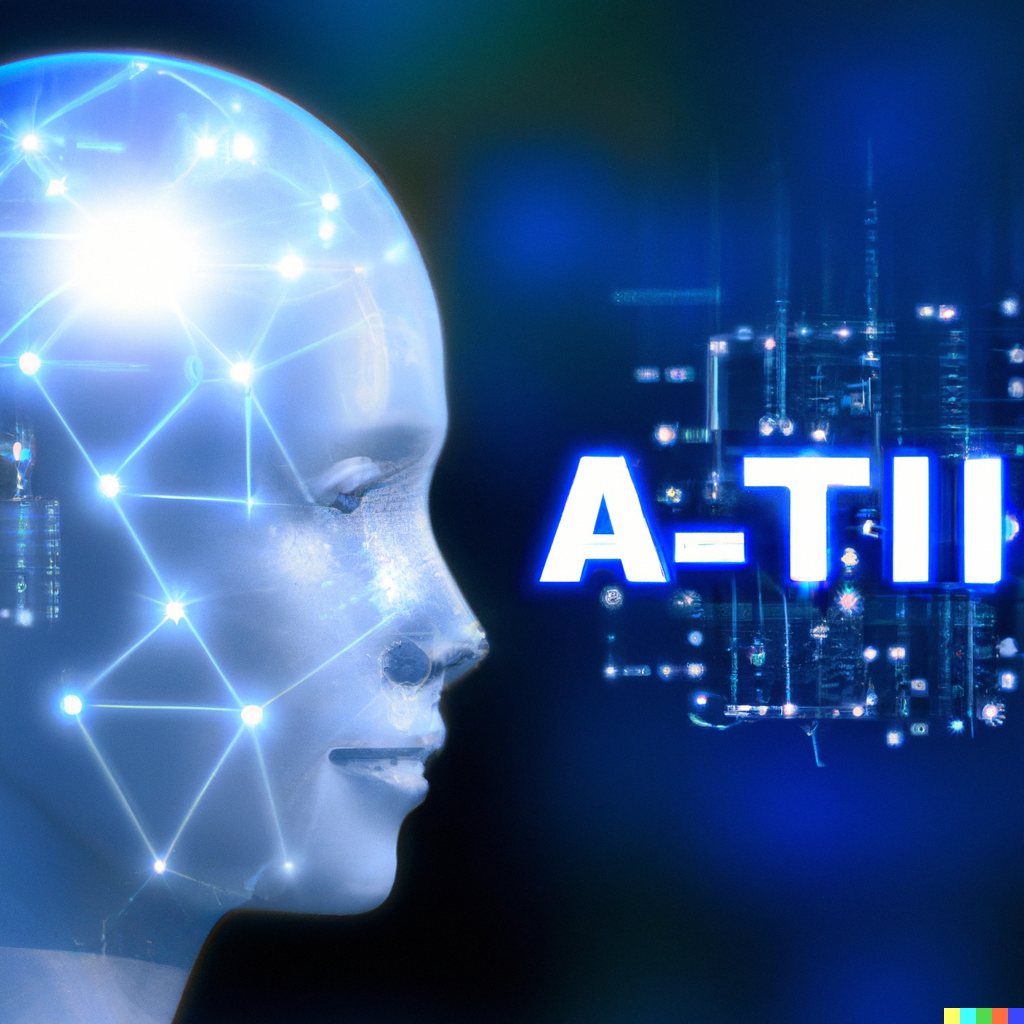Discover how Artificial Intelligence (AI) is transforming industries and daily life. This article explores what AI is, how it works, its real-world applications, benefits, challenges, and what the future holds for this groundbreaking technology.
Would you like me to also create a meta description (under 160 characters) specifically for SEO?
Artificial Intelligence (AI) has shifted from being a futuristic concept to becoming an integral part of our everyday lives. From voice assistants and recommendation engines to autonomous vehicles and medical diagnostics, AI is redefining the way we live, work, and interact with technology. But what exactly is AI, how does it work, and why does it matter so much today?
What Is Artificial Intelligence?
Artificial Intelligence refers to the development of computer systems capable of performing tasks that typically require human intelligence. These tasks include:
- Learning: Improving performance over time through data and experience.
- Reasoning: Making decisions based on rules, patterns, and logic.
- Perception: Interpreting sensory input such as images, speech, or text.
- Natural Language Processing (NLP): Understanding and generating human language.
- Problem-Solving: Analyzing complex situations and finding solutions.
In short, AI enables machines to “think” and act intelligently, simulating aspects of human cognition.
Key Types of AI
AI can be broadly categorized into different types:
- Narrow AI (Weak AI): Designed to perform a specific task. Examples include chatbots, voice assistants like Siri or Alexa, and spam filters.
- General AI (Strong AI): A theoretical form of AI capable of human-level reasoning across any domain. This doesn’t yet exist but is a major area of research.
- Superintelligent AI: A speculative future AI that surpasses human intelligence in every aspect. While still a concept, it raises important ethical and safety considerations.
How Does AI Work?
AI systems rely heavily on data, algorithms, and computing power. The main methods include:
- Machine Learning (ML): Teaching machines to learn from data without explicit programming. For instance, email services use ML to detect spam messages.
- Deep Learning: A subset of ML using artificial neural networks that mimic the human brain. It’s responsible for breakthroughs in computer vision and speech recognition.
- Natural Language Processing (NLP): Enables machines to understand and respond to human language, powering translation apps and AI chatbots.
- Computer Vision: Allows machines to recognize and interpret visual information from the world, such as facial recognition or medical imaging analysis.
Real-World Applications of AI
AI is already embedded in many industries:
- Healthcare: AI helps doctors detect diseases early, develop personalized treatments, and analyze medical images with high accuracy.
- Business & Finance: Companies use AI for fraud detection, customer support automation, and personalized marketing campaigns.
- Transportation: Self-driving cars and smart traffic systems are revolutionizing how we move.
- Education: AI-powered tools provide adaptive learning platforms, helping teachers customize learning experiences for students.
- Entertainment: Streaming services like Netflix and Spotify rely on AI algorithms to recommend movies and music tailored to user preferences.
Benefits of AI
- Efficiency & Automation – Reduces repetitive human tasks.
- Enhanced Accuracy – Minimizes human error in areas like healthcare and manufacturing.
- Personalization – Creates tailored experiences in shopping, learning, and entertainment.
- Innovation – Opens new possibilities in science, space exploration, and medicine.
Challenges & Ethical Concerns
While AI is powerful, it also brings challenges:
- Job Displacement: Automation may replace some roles, raising concerns about employment.
- Bias in AI: AI systems can inherit biases from the data they are trained on.
- Privacy Issues: Use of AI in surveillance and data analysis can threaten individual privacy.
- Ethical Questions: Who is responsible when AI makes mistakes? How do we regulate it responsibly?
The Future of AI
AI is poised to grow exponentially, with predictions suggesting trillions of dollars in economic impact by the next decade. Emerging trends include:
- Explainable AI (XAI): AI systems that can justify their decisions transparently.
- AI in Sustainability: Optimizing energy usage, fighting climate change, and managing resources.
- Human-AI Collaboration: AI augmenting—not replacing—human decision-making.
- Global Regulation & Ethics: Governments and organizations will increasingly work on frameworks to ensure safe and fair use of AI.
Final Thoughts
Artificial Intelligence is no longer just a buzzword—it is a transformative force shaping industries and societies. Its potential is vast, offering both opportunities and challenges. As AI continues to evolve, the key will be balancing innovation with responsibility, ensuring that technology serves humanity in a fair and ethical way.
